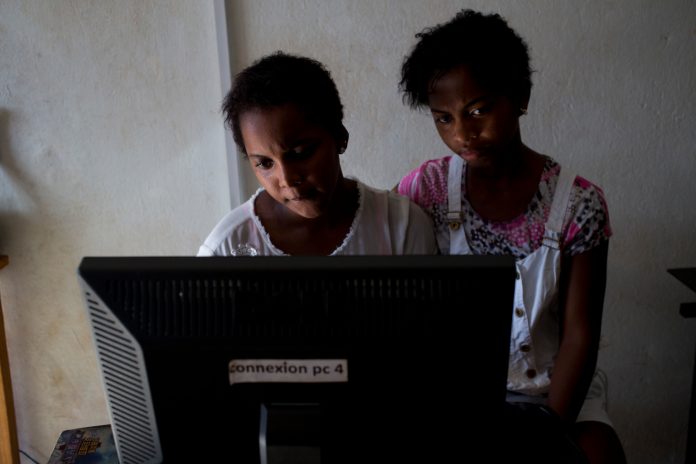
By Sidney Kawimbe
For a while now, online education has been a good option for students who, for various reasons cannot access on-the-ground education. And although there are still examples of rudimentary online courses out there in Zambia, both the technology and the pedagogy powering online learning have gotten considerably better over the last decade. Evidence of student success and, indeed preference, for the online classroom is mounting especially at post graduate level, and this will serve widespread benefits for all of us. For instance, a Babson survey in 2012 showed a glimmer of early recognition of quality in online education. The survey revealed that 77% of academic leaders thought online education was equal to or superior to learning in a physical classroom. Over 69% of chief academic officers believed online learning is a critical part of long-term education strategies. Another survey conducted in 2018 by Learning House, Inc., showed 85% of students who had previously enrolled in both face-to-face and online courses felt their online experience was either the same or better than the classroom course. That included 37% who felt it was a superior experience.
In Zambia, all of a sudden, this paradigm shift is getting traction, thanks to COVID-19. For 20-year-old Musale Kakubo, staying home for online learning over the past weeks has not made much difference from face-to-face lessons, as online classes are now conducted following a strict timetable every week. At the zenith of this surge is ZCAS University. As one student put it last week,
“ZCAS University has been using high-tech innovation for some time now, but never at this level have we seen technology taking root in the advent of COVID-19”.
ZCAS University has moved to teaching online after face-to-face teaching, supervision and academic support was suspended at in March due to the pandemic. In a determined effort to continue learning, academic staff and students have embraced e-learning and resources such as WizIQ, Zoom to continue with lectures, revision and feedback, thanks to the institution’s massive investment in IT enabled learning long before the COVID-19 pandemic heralded.
In Zambia, there have been apprehensions at whether online is feasible with connectivity challenges and just the feel of being in a brick and mortar lecture room. It is understandable not to discount the scepticism surrounding online. It is hard to understand the notion of leaving behind the conventional classroom, especially with the invasion by this vast space called “The Internet”. In this era, there are three things that education providers and learners should be appreciate in online teaching and learning:
1. It is Flexible
Online education enables the lecturer and the student to set their own learning pace, and there’s the added flexibility of setting a schedule that fits everyone’s agenda. As a result, using an online educational platform allows for a better balance of work and studies, so there’s no need to give anything up. Studying online teaches you vital time management skills, which makes finding a good work-study balance easier. Having a common agenda between the student and teacher can also prompt both parties to accept new responsibilities and have more autonomy.
2. It is Accessible
Online education enables a student to study or a lecturer to teach from anywhere in the world. This means there is no need to commute from one place to another, or follow a rigid schedule. On top of that, not only does the student save time, but also save money, which can be spent on other priorities. The virtual classroom is also available anywhere there is an internet connection.
3. It allows for a customised learning experience
Online classes also provide the space to focus on the student’s needs and doubts, and as a result tutors can better understand their students’ strengths and weaknesses. There is often access to very diverse material such as videos, photos, and eBooks online as well, and tutors can also integrate other formats like forums, chat rooms or discussions to improve their lessons. And this extra content is available at any moment from anywhere, which helps create a tailor-made education for both the student and the teacher.
In concluding, it is increasing becoming apparent that there is a paradigm shift from conventional lecturing to online learning, partly brought about by COVID19. As the saying goes “every cloud has a silver lining”. So, every difficult or sad situation has a comforting or more hopeful aspect, even though this may not be immediately apparent.
For Comment: Write to skawimbeATyahooDOTcom


In reality ZESCO has the largest say on this matter.
How so? Households are experiencing 15hrs of loadshedding therefore how can learner’s adapt to online learning. Yes, you are rolling out the lessons, of course not in real time, but the aspect of loadshedding is eroding this intervention.
It is about time Zambia adapted to this. Even though expensive, it gets cheaper in the long run. We need intelligent Zambians to foster these innovations. Educate the masses to develop the nation. It starts now.
Its about time that virtual learning be upheld and implemented in all learning and teaching instutitions .This all project or activity is expensive at the on set but eventually its cheaper in the long run.
Comments are closed.